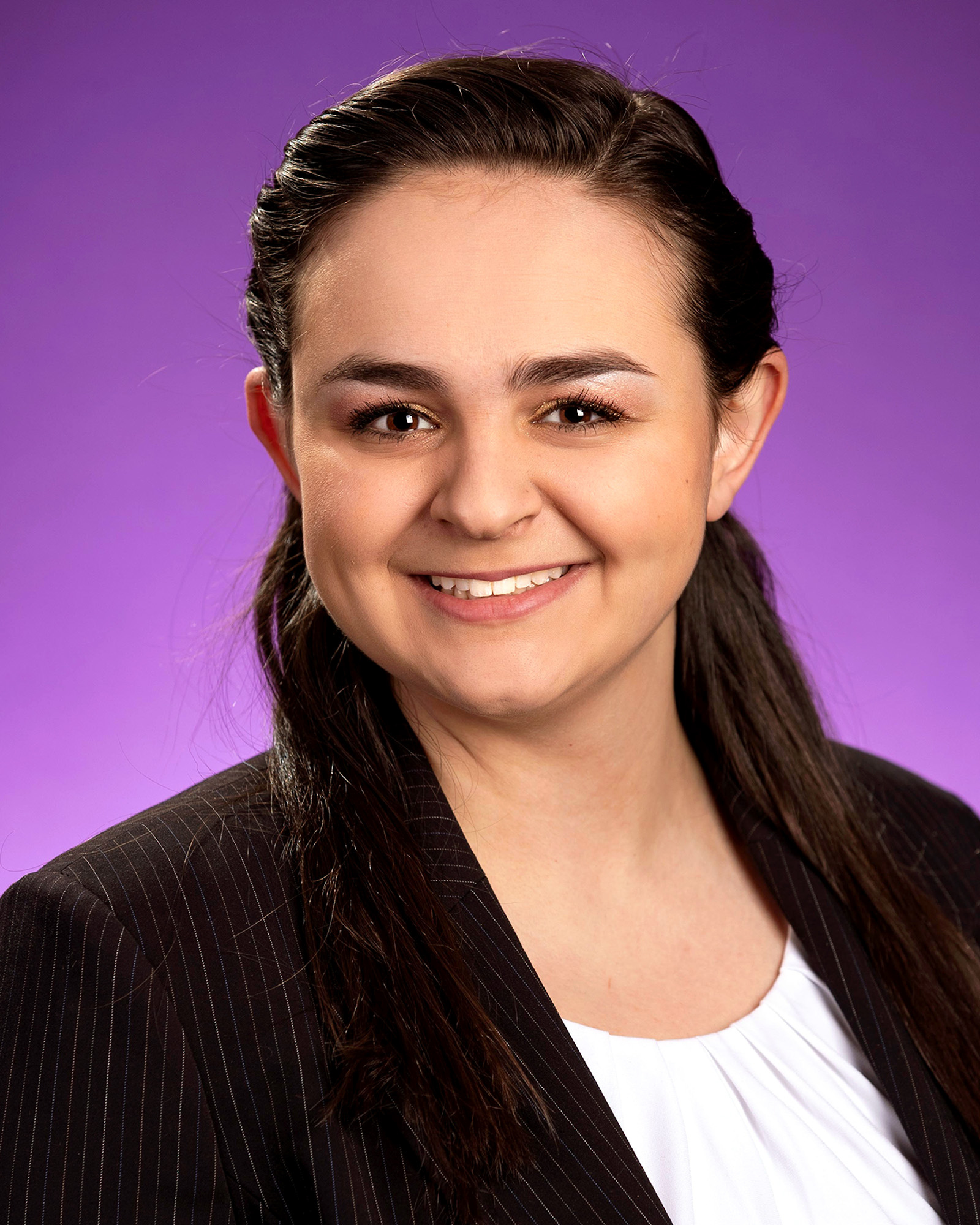Student Spotlight: Caitlin Willett

By Ruth Barrera
Caitlin Willett is a second-year graduate student working in the Rosenzweig group. Caitlin is originally from Weddington, North Carolina where she went to East Carolina University in Greenville, NC. She received her B.S. in Chemistry and B.S. in Biochemistry from there, as well as a Master of Science in Chemistry. Her brother, Jonathan Palmer, just joined the PhD program in Chemistry - it's exciting to have siblings in the same program!
Do you share another similar interest with your brother, Jonathan Palmer, aside from Chemistry?
Outside of the lab, we’re both very interested in exercising for fun. Jonathan loves to rock climb, and I love to workout at the gym and go for runs with my wife, we were married just last year!
How did you become interested in your research?
I became interested in bioinorganic chemistry as an undergraduate. I knew I was interested in biochemistry and loved thermodynamics, so I approached a researcher doing protein chemistry that specialized in bulk thermodynamic techniques. Once I joined her lab, I was hooked and found something that I loved.
Do you and Jonathan collaborate in your research?
Though we both share a passion for inorganic chemistry, we seem to be at opposite ends of the field. We haven’t had a chance yet to collaborate, however, one day I think it would be really awesome if we could!
How would you explain what you study to non-scientists?
I am interested in metal homeostasis in biological systems. In particular, I’m interested in how proteins and enzymes play a role in maintaining this homeostasis, and what factors can play a role in disrupting this homeostasis. Right now, I’m working on a copper transporter that is found in bacteria and hasn’t been characterized before. The focus of my project will be a biophysical and structural determination of this putative copper transporter.
What are some potential applications for the work you’re doing?
By studying this system, it can serve as a model for understanding how copper is trafficked in humans and how metal-based diseases can be targeted therapeutically.
What has been the highlight of your academic career thus far?
The highlight of my academic career thus far is graduating with my master’s degree in one year (and during a pandemic!), and then publishing my thesis work!
In retrospect, is there a positive you’ve seen or experienced from this pandemic?
I think that the pandemic taught me to slow down and enjoy time with those I love. Spending time with my wife this past year has made our relationship and bond stronger, and I am so thankful that I was able to spend that time with her.
Where do you hope to be in your career in the next 10 years?
Ultimately, I envision myself working as a tenure-track professor where I would primarily focus on metalloprotein research, but also teach advanced biochemical and biophysical courses to both upper-level undergraduates and first-year graduate students.
